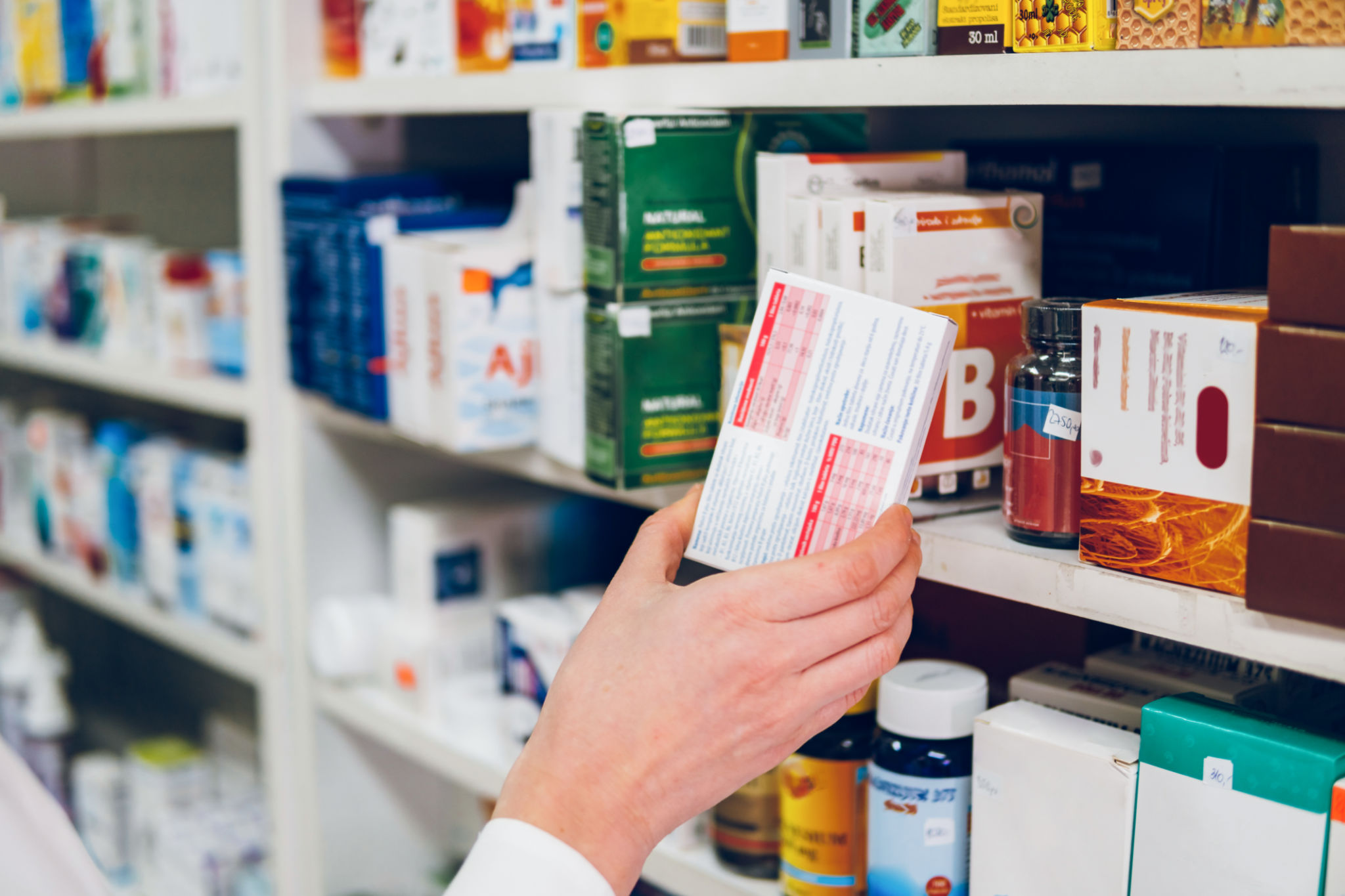Myth-Busting: Common Misconceptions About Generic Drugs
The Truth About Generic Drugs
When it comes to prescription medications, many people are faced with the choice between brand-name drugs and their generic counterparts. However, several myths persist about generic drugs that can cause hesitation and confusion. Understanding the facts can help patients make informed decisions about their health care options.

Are Generic Drugs as Effective as Brand-Name Drugs?
A common misconception is that generic drugs are less effective than their brand-name equivalents. In reality, generic drugs are required by the U.S. Food and Drug Administration (FDA) to have the same active ingredients, strength, dosage form, and route of administration as the brand-name product. This means they work in the same way and provide the same clinical benefits.
The FDA conducts rigorous reviews to ensure that generics are bioequivalent to their brand-name counterparts. This includes evaluating the drug's performance in the body to ensure it delivers the same therapeutic effects. Therefore, patients can feel confident that generic medications are just as effective.
Why Are Generic Drugs Cheaper?
Another myth is that the lower cost of generic drugs indicates lower quality. In truth, generics are more affordable because they do not have to repeat the costly clinical trials conducted by the original manufacturer. Additionally, once a drug's patent expires, multiple companies can produce and sell it, leading to increased competition and lower prices.

These savings are passed on to consumers, making generic drugs an economically wise choice without compromising quality or efficacy. It's important to note that while generics are less expensive, the FDA ensures that they maintain strict quality standards.
Do Generic Drugs Look Different?
Some people are concerned when their medication changes in appearance after switching to a generic version. While generics may differ in color, shape, or size due to trademark laws, these differences do not affect the drug's performance.
- The active ingredients remain the same.
- The difference in appearance is due to different inactive ingredients like fillers or dyes.
- These differences do not impact the safety or effectiveness of the drug.

Are All Drugs Available in Generic Form?
Not every medication has a generic equivalent. Newer drugs are under patent protection for a period of time, during which only the original manufacturer can sell them. Once the patent expires, other companies can apply to produce and sell generics.
If you have questions about whether a generic version of your medication is available, consult your healthcare provider or pharmacist. They can provide guidance and help you explore cost-effective options.
The Benefits of Choosing Generic Drugs
Choosing generic drugs can lead to significant cost savings without sacrificing quality. Patients who opt for generics can often afford their medications more easily, leading to better adherence to treatment plans and improved health outcomes.
Ultimately, understanding the facts about generic drugs empowers patients to make informed choices about their healthcare options, ensuring they receive safe and effective treatment at an affordable price.
